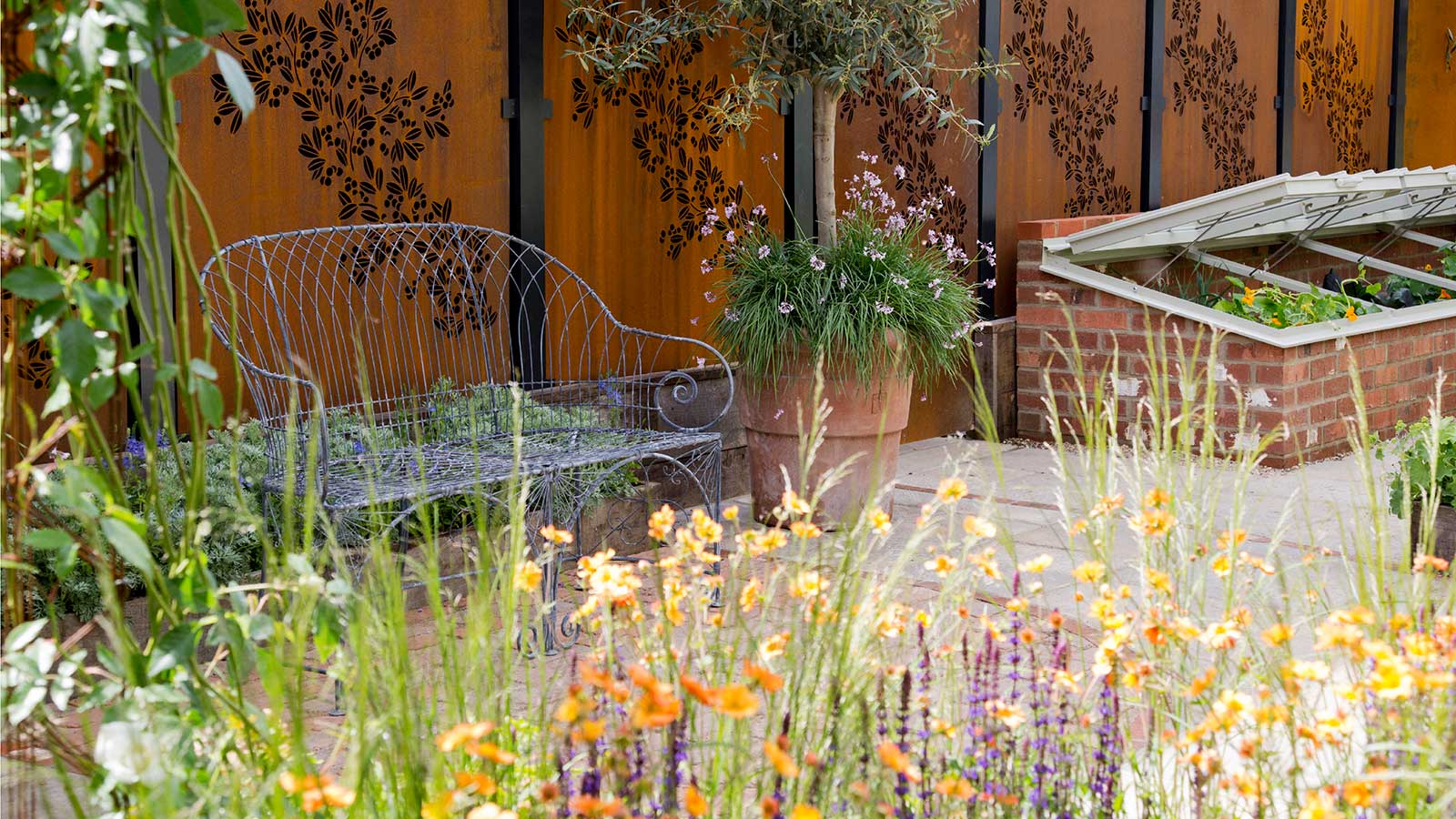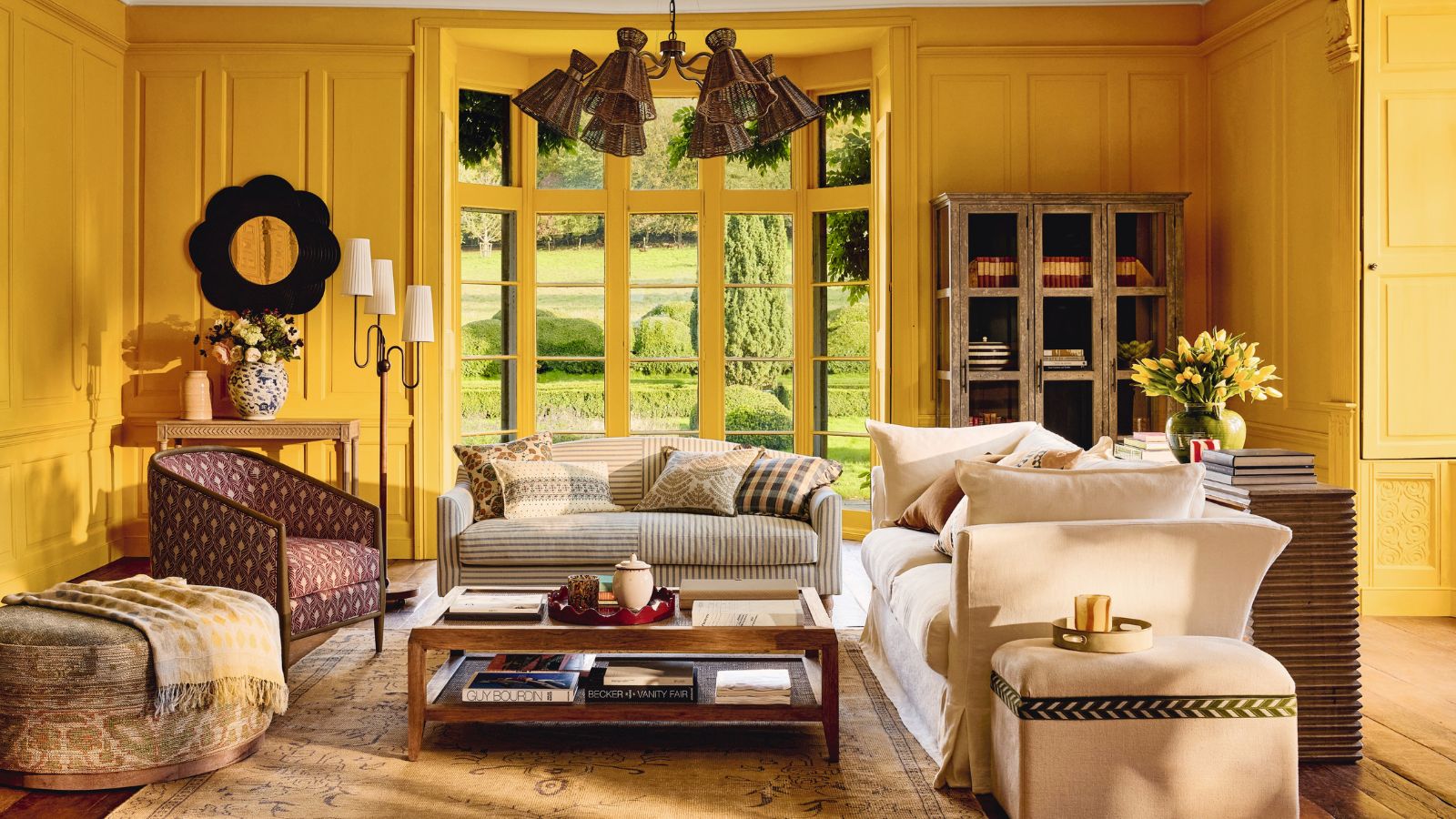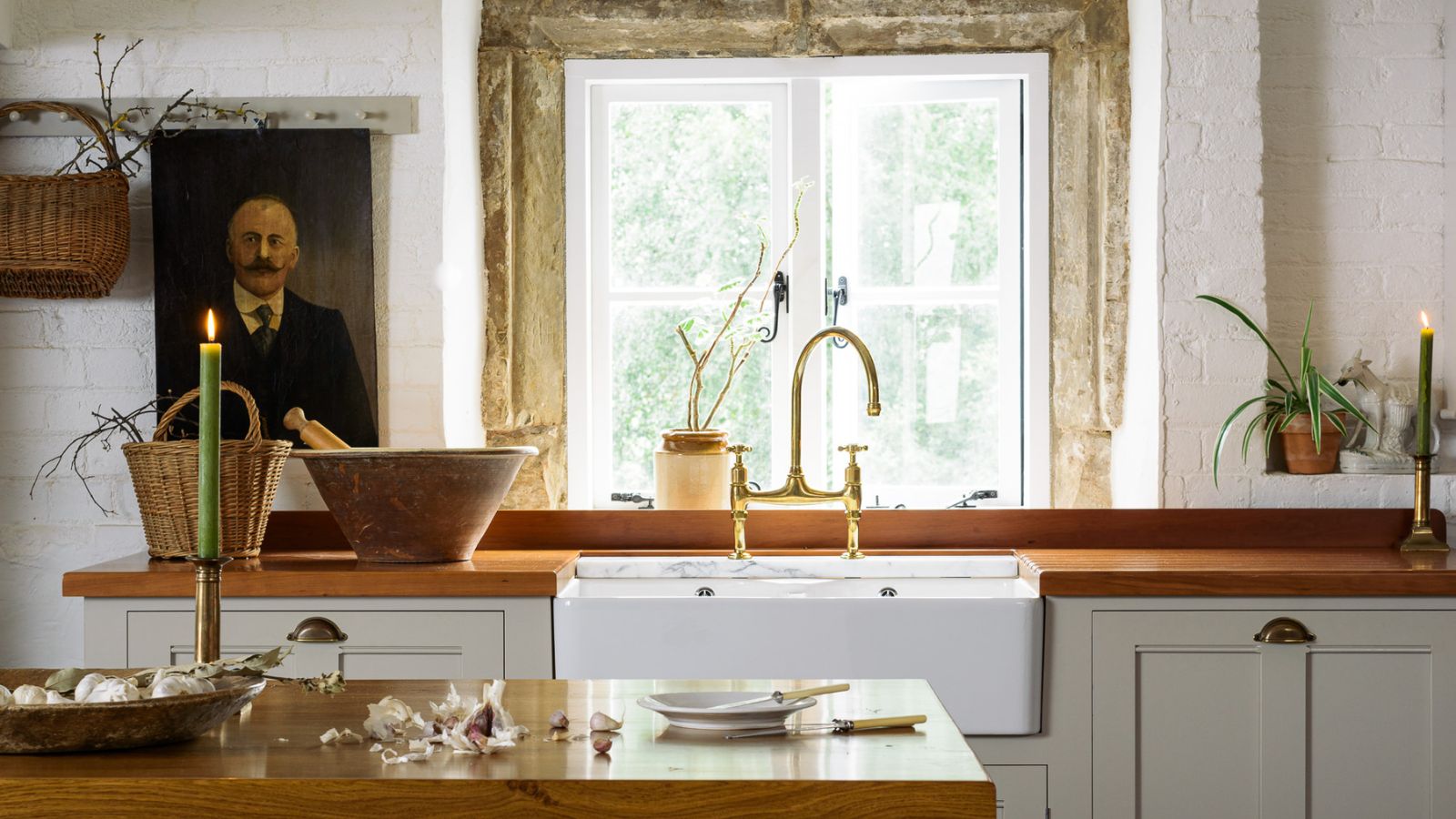Garden privacy mistakes – 5 errors to avoid when screening your yard from view
Get effective and stylish results in your outdoor living space with this advice


We all want our outdoor spaces to feel like our own personal slice of paradise – and that's tricky to achieve if it feels like they're on show to neighboring plots. Luckily, there are lots of ways to create backyard privacy – but some can cause unexpected problems.
These issues range from potential neighbor disputes to a less-stylish yard, and all are best avoided. So, to ensure you get the results you want from your garden privacy ideas, these are the common mistakes that you need to bear in mind.
5 common errors when creating privacy in a backyard – and how to avoid them
Whether you're looking to create privacy for your pool, deck, or lawn, these are the issues to avoid.
1. Using unsuitable plants for a privacy screen

Compact trees can provide a leafy screen up high
'In a bid to create more privacy in their gardens, some homeowners choose to plant trees, which can be a great natural way to block prying eyes,' says Suhail Patel, a gardening expert and Founder of Luxury Screens. 'However, not all trees are suited and many can make the mistake of selecting slow-growing trees such as Japanese maple which may take a long time to grow into a substantial privacy barrier.
'Another common mistake is not purchasing an evergreen tree,' Suhail continues. 'For those that only want privacy during the warmer months, a deciduous tree might do the trick – but if you want to create a block all year round you need to look at evergreens, or you’ll be left exposed during the cold months.'
Of course, you don't have to use trees to create a botanical screen – there are plenty of fast-growing shrubs and privacy hedges that can be a great alternative, while tall plants in containers can be an effective patio privacy idea. But as with selecting trees, there are considerations to take on board.
Miguel Palma, a professional gardener and Owner of JardinTienda, warns against picking plants that are too short or too sparse, as they won't provide the desired level of privacy. 'Additionally, plants that are too invasive or prone to disease may end up causing more problems than they solve.'
He suggests researching and carefully selecting plants that are well-suited to your climate, soil, and light conditions, and have a proven track record of providing privacy.
2. Overlooking your neighbors' needs

Take care when installing new garden boundaries on the border of a neighbor's plot
'Before investing in any type of privacy solution for your garden, it is imperative to consider your neighbors and their potential needs,' advises Keith Sant, Head Of Property Acquisitions at JiT Home Buyers. 'This includes respecting the boundaries of shared fences, trees or walls, as well as considering any possible noise pollution that could be caused by a new garden feature.
'To avoid causing unnecessary conflict with your neighbors, research what types of privacy solutions are allowed in your local area, as some may have specific regulations in place,' he adds.
Shaun Martin, the Owner of We Buy Houses In Denver, adds that if you are planning to build a garden fence, you should check local building laws and regulations first.
Suhail Patel underlines this by highlighting that planning permission often gets overlooked – 'this isn’t always required but is certainly something to think about.'

Keith has been buying houses since 2017. He has a deep understanding of entrepreneurship, real estate investment, landscaping, and interior design, and has helped many people buy and sell their homes and offered house-flipping services. Furthermore, he has renovated numerous projects with remarkable landscaping and interior decor.
3. Blocking the light and the view

This contemporary pergola from Garden House Design can be adjusted to allow more light in and out
Sure, you want to create a more private outdoor space – but be aware that some methods will sacrifice the amount of sunlight the area gets, as well as your own views.
'If you decide to install a fence or wall around your garden, it is important to make sure that it is not completely blocking all of the sunlight from entering your space,' advises Patrick Grayson of Paramount Property Buyers. 'Consider installing a permeable barrier such as a lattice or trellis instead, which can provide privacy without blocking out the sun.'
If you want to keep more of a panoramic vista intact, planter boxes or wall-mounted planters may be a better option than a solid fence, as Shaun suggests. This raised Ravine Planter Box from Lulu & Georgia would suit any modern backyard. Contemporary pergolas with adjustable side screens and louvered roofs are another option and offer a luxe look.
4. Not taking wind into account

Ensure parasols, screens, and fences are securely installed – this stylish umbrella is from Bridgman
If you are considering a garden screen, it is important to take into account the direction and strength of any prevailing winds in your area, says Keith.
'This will help ensure that any privacy solution you choose can withstand strong gusts of wind, as well as help reduce the risk of it blowing away.' Be aware that fences and garden structures always need to be properly installed and anchored into place.
5. Forgetting to factor in aesthetics

This ornate screen is from Stark & Greensmith
Whether it's a new fence, screen, parasol, potted plant, or something else entirely, think about the overall look of your new garden privacy feature as well as its function for a more welcoming and stylish space.
Try to create a sense of harmony by selecting colors and materials that are already present in the surrounding landscaping. And if you're using plants, pruning and other maintenance tasks may be necessary to keep them looking their best.
Creating a sense of exclusivity in your yard is important for a more comfortable space, especially if you live in an urban area. But rather than rushing in without a plan, consider the privacy options carefully with the above tips in mind – that way you can avoid any potential problems down the line.
Sign up to the Homes & Gardens newsletter
Design expertise in your inbox – from inspiring decorating ideas and beautiful celebrity homes to practical gardening advice and shopping round-ups.

Holly started writing about gardening five years ago, and she is a regular contributor to Homes & Gardens. She has also written many gardening features for Woman & Home and Real Homes, too. She has previous experience as a professional gardener, where she helped to plant and maintain private gardens. Holly has also looked after allotment plots over the years and loves to grow her own flowers and veggies from seed. In her spare time, she enjoys visiting local gardens, botanical drawing, and tending to her ever-growing collection of houseplants.
-
 I’m an HVAC technician, and this is when I turn my AC on each year – plus 5 checks I always do beforehand
I’m an HVAC technician, and this is when I turn my AC on each year – plus 5 checks I always do beforehandSave yourself an AC hassle by running my checks and turning it on before big heat hits
By Josh Mitchell Published
-
 This simple marble hack elevates my budget-friendly wooden kitchen countertops and prevents the dreaded water damage for way less than you’d think
This simple marble hack elevates my budget-friendly wooden kitchen countertops and prevents the dreaded water damage for way less than you’d thinkThis design trick looks expensive, solves a problem, and was the easiest decision I made during my kitchen reno
By Charlotte Olby Published